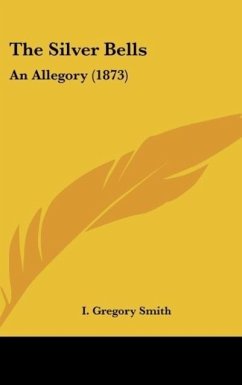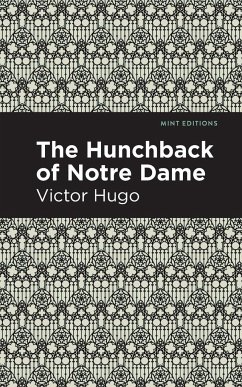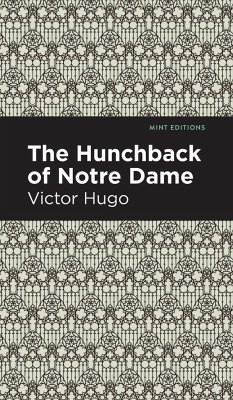
Versandkostenfrei!
Versandfertig in 1-2 Wochen

PAYBACK Punkte
14 °P sammeln!




This book is a facsimile reprint and may contain imperfections such as marks, notations, marginalia and flawed pages.
Thomas Bailey Aldrich (1836-1907) was an American writer and editor known for his poetry, novels, and short stories. He is best remembered for his lyrical poetry and works like The Story of a Bad Boy (1870), which is considered a precursor to modern American boyhood literature. Aldrich also served as the editor of The Atlantic Monthly and was influential in shaping the literary culture of his time. His writing often explores themes of love, nature, and human relationships.
Produktdetails
- Verlag: Kessinger Publishing, LLC
- Seitenzahl: 148
- Erscheinungstermin: 2. Juni 2008
- Englisch
- Abmessung: 235mm x 157mm x 14mm
- Gewicht: 401g
- ISBN-13: 9780548912812
- ISBN-10: 0548912815
- Artikelnr.: 24652134
Herstellerkennzeichnung
Libri GmbH
Europaallee 1
36244 Bad Hersfeld
gpsr@libri.de
Für dieses Produkt wurde noch keine Bewertung abgegeben. Wir würden uns sehr freuen, wenn du die erste Bewertung schreibst!
Eine Bewertung schreiben
Eine Bewertung schreiben
Andere Kunden interessierten sich für











